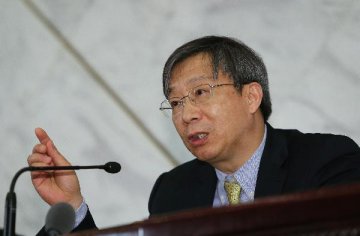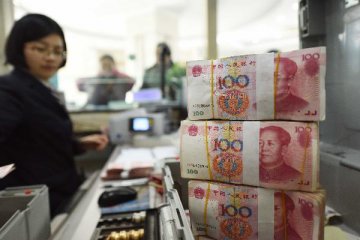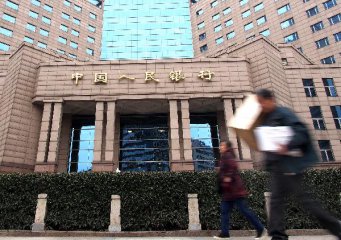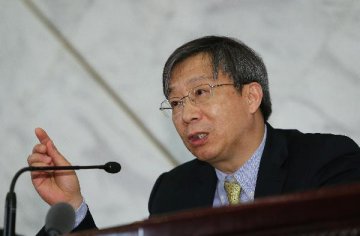
China's central bank said that it will maintain a prudent and neutral monetary policy, with easing or tightening only as appropriate, and make the financial sector better serve the real economy, according to a report published by the People's Bank of China (PBC).
The latest third-quarter China Monetary Policy Report also demanded strengthening policy coordination, improving the transmission mechanism of monetary policy and make innovations in monetary policy instrument and mechanisms.
However, the PBC also admitted that constraints exist in the structure and certain fields in the monetary policy transmission.
To address the problem, the PBC has taken targeted measures, including issuing special-purpose bonds for private companies, expanding the range of collaterals and precisely reducing reserve requirement ratio (RRR) to better support the development of private companies and small and micro enterprises.
Since the beginning of 2018, the PBC has also put into effect a raft of measures to keep medium and long-term liquidity via cutting down RRR and Medium-term Lending Facility (MLF).
China has reduced RRR four times this year, releasing 2.3 trillion yuan (about 331.75 billion U.S. dollars) into the market. From January to September, the PBC injected more than 4 trillion yuan into the market via MLF and the Q3 alone saw an injection of 1.66 trillion yuan, data from the report showed.
The operations have led to sound liquidity in the market.
Data showed that at the end of October, the seven-day reverse repos was at an interest rate of 2.71 percent, 30 points lower than that at the end of June.























Latest comments